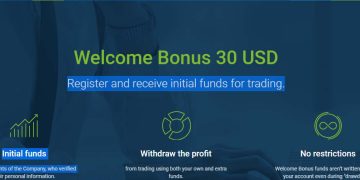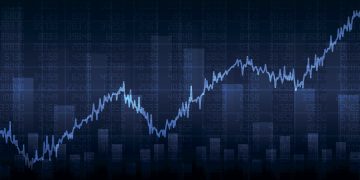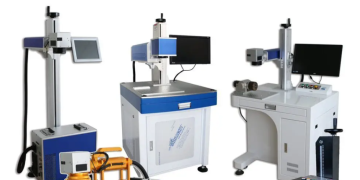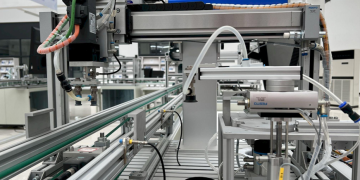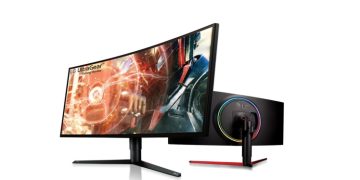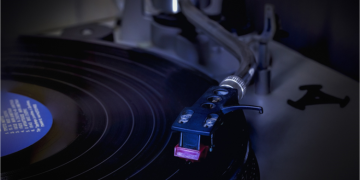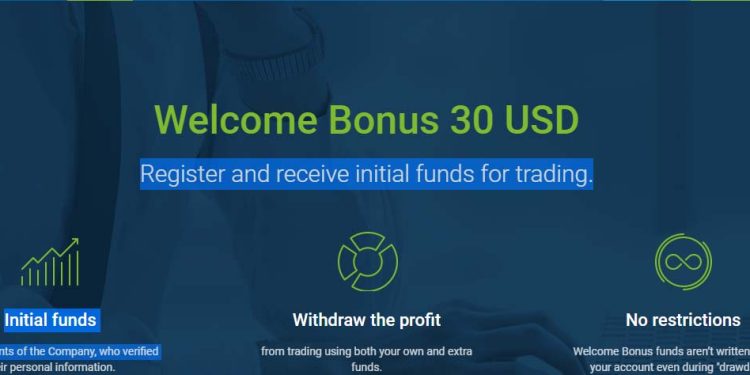A no deposit bonus in trading is a free amount of money that a broker can offer to traders who do not have sufficient funds to open an account. These bonuses are usually redeemed only when the customer has verified his or her live account. Some brokers limit their no deposit bonuses to certain base currencies, and some also limit their maximum leverage. The verification process usually involves sending copies of identification and payment method scans, as well as proving permanent residence. Forex no deposit bonuses are an excellent incentive for new traders. Many of these bonuses offer traders a chance to try out a new broker without having to risk their own money. This is a huge benefit for both novice and veteran traders. However, there are a few things that you should keep in mind before you decide to accept a no deposit bonus.
A no deposit bonus is usually offered to new traders, which is why it is so popular among traders with little money to invest. Most brokers offer such bonuses, which you can claim by registering for an account with their company. After completing the registration process, the forex broker will credit your account with the bonus. The amount of the bonus varies from broker to broker, but it is usually between five and one hundred dollars. A no deposit bonus in trading is an excellent way to get started trading, but be careful with this leverage. Leverage increases your risk and can make you lose more money than you can afford. Use your bonus money as a small amount to test your strategy before investing with the real money. Furthermore, the website does not provide any information regarding spreads, deposit methods, and customer support. As such, it is impossible to evaluate the company’s reliability and legitimacy. Nonetheless, there are a few things to look out for, including this one.
A no deposit bonus is money that you can use to practice forex trading, or commodities trading. The bonus is tradable, which means that you can increase your leverage and increase the size of your trades without risking your original investment. Be sure to read the broker’s terms and conditions before using your bonus. A no deposit bonus is valuable for newbie traders because it can give them more time to learn the ropes. Usually, no deposit bonus accounts provide traders with a nominal amount to trade with, from $10 to $100, depending on the broker. However, these amounts may not be enough to start a business, particularly if you are a complete newbie. A free demo account can also give you more time to learn your trades. If you exhaust your demo account balance, you can request a reload.
When it comes to no deposit bonuses in trading, the truth is that they aren’t free money. The brokerage companies that advertise them are only paying out to those clients who transfer their money to their accounts. If you want to withdraw your bonus money, you should read the terms and conditions carefully. Forex brokerages offer no deposit bonuses for new traders and veteran traders alike. They do so because humans are drawn to a good deal and are hoping to attract new traders and make up for recent losses. While there are legitimate concerns about the benefits of no deposit bonuses, it’s best to view them as a form of goodwill and not a scam. The main principle behind scalping is to limit your exposure to risk. By placing a small amount of money on each trade, you will minimize your exposure to risk. In addition, small moves tend to occur more often and are easier to make. To implement this trading strategy, you can use the stochastic oscillator, which measures current prices against their recent range, in order to identify turning points.
No deposit bonuses are not a scam if the broker follows their promises. It is always best to check the conditions of the broker before signing up with them. Some brokers may advertise no deposit bonuses but do not deliver them. Others may not even honor these claims. If you’re wondering whether JAFX is regulated or not, there are several ways to determine this. First, you should check out the certifications of brokers. A certificate of registration is a sure sign that a broker is regulated by a central authority. If you don’t see one, it’s probably unregulated. Also, you should avoid brokers that have foreign regulators. These brokers should not be used because they lack regulatory oversight.
